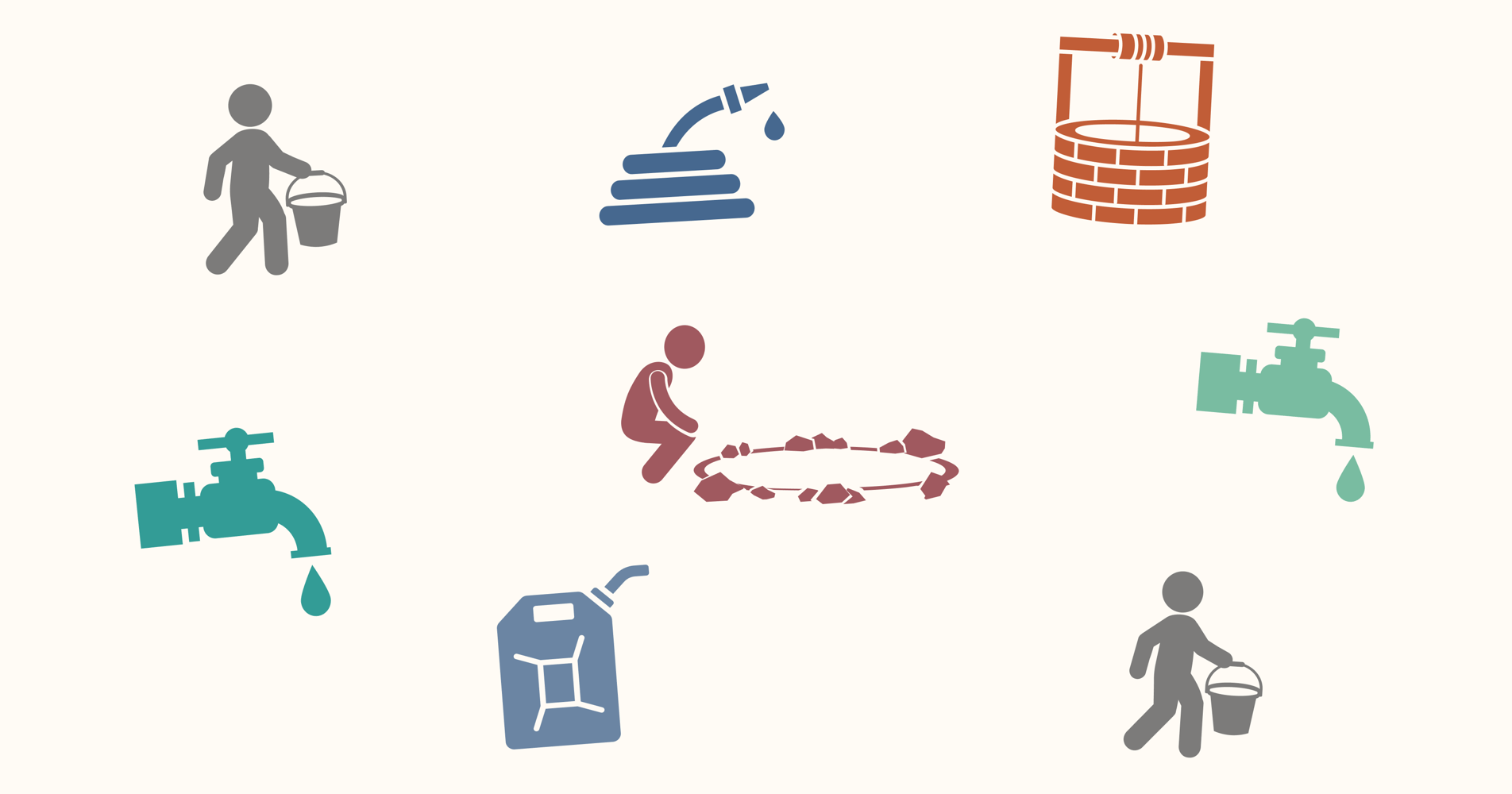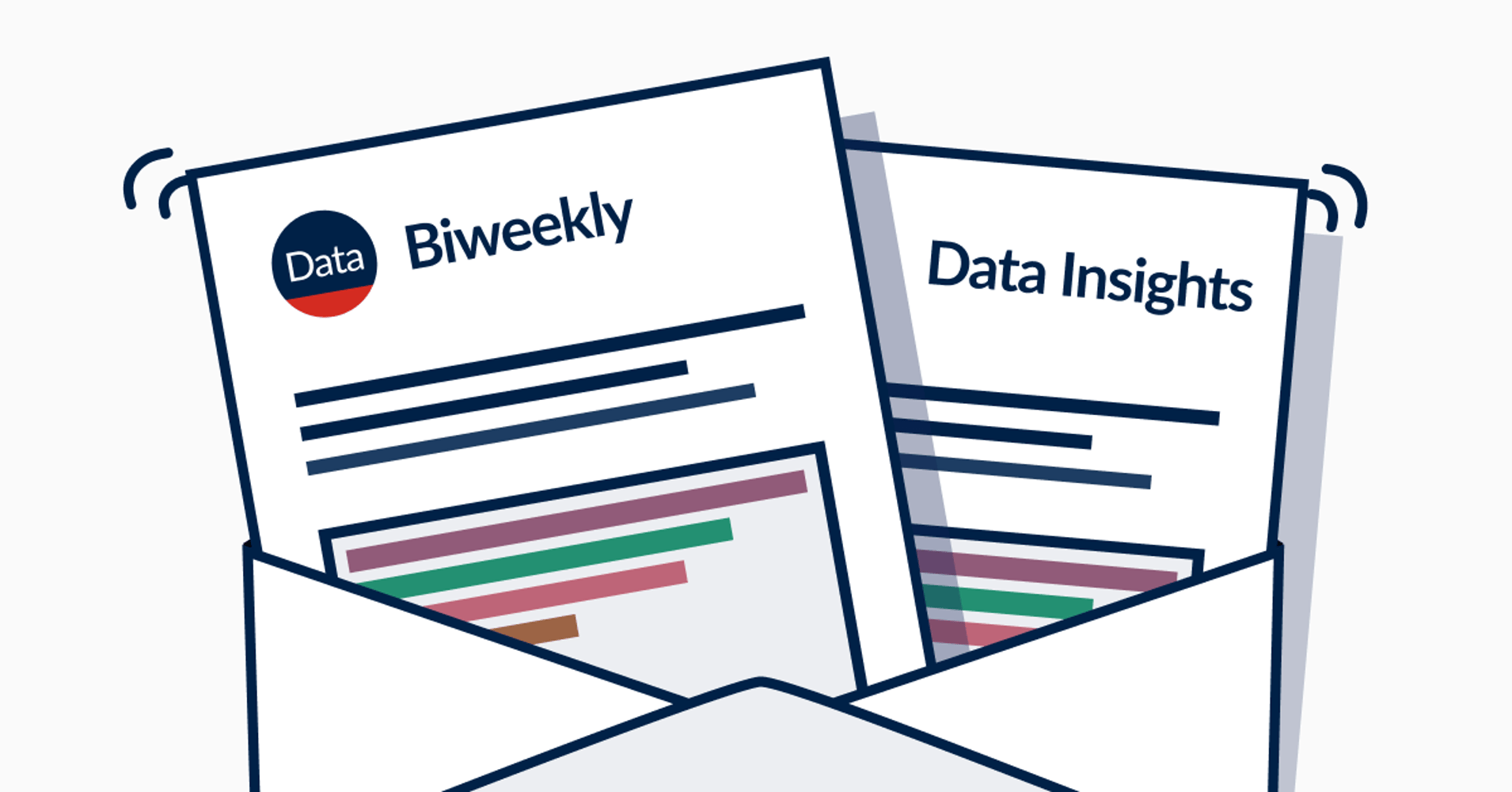
Max Roser
@MaxCRoser
Data to understand global problems and research to make progress against them. Founder of @OurWorldInData / Professor at @UniofOxford's @BlavatnikSchool
💡New feature rolling out: switch between different indicators on our data pages! For example, on our page showing childhood vaccination coverage, you can easily switch between the share and number of children vaccinated (and unvaccinated), and compare across vaccines or focus…
The dataset behind this famous chart on the declining cost of genome sequencing has had its NIH funding cut. It tracked progress towards & beyond an ambitious goal ($1000 genome) that succeeded. Could any funders rescue the project? Sharing this would be very appreciated.
New essay on "The Sacrifices We Choose to Make": michaelnotebook.com/sacrifice/inde…
I'm very proud to have won the Royal Statistical Society's award for best statistical commentary by a non-journalist this year 🥹 The award was for my piece "The rise in reported US maternal mortality rates is largely due to a change in measurement", which looked at the impact…
My latest post on @OurWorldInData is about extreme poverty in South East Africa. In Madagascar, Malawi, Mozambique, and Zambia, extreme poverty is not declining.

💡New feature: now you can embed archived versions of our interactive charts in your website! You could already embed *live* versions of our charts that get updated whenever we update the chart on our site. Now you can choose to embed an archived version of the chart that will…
🎉📚 Exciting news! My new book — Clearing the Air — will be published in the UK in September. 50 of the most common questions I get about how we tackle climate change. 50 short, data-driven, honest answers. If you'd like to read (or listen), you can pre-order here:…
For many children, schools do not live up to their promise: in many schools, children learn very little. This is a problem in rich countries. By the end of primary school, about 9% of children in high-income countries cannot read with comprehension. But it tends to be a much…
A thread about how science should work, ways to cheaply save lives, peer review, and diarrhea 👇
Since Instagram is designed for visual work, I thought sharing my work there would make sense. If you are interested, you can find me at: instagram.com/max.roser.owid

In 2014, half of Greece's electricity was generated by coal. A decade later, that share has fallen to just 6%.

Two billion people don’t have safe drinking water. I really like the article of my colleague @_HannahRitchie, in which she shows what this concretely means for these people, by relying on the portraits of families from @gapminder's Dollar Street. ourworldindata.org/what-no-safe-w…

Todo el mundo debería pasar una tarde en Cádiz.
If you are interested in our work at @OurWorldInData, you can subscribe to our newsletters — in recent months we made them much better. Here is what we offer and how you can subsribe: ourworldindata.org/newsletters

My article has been on the front page of Hacker News all day. Some of the comments from survivors, parents, and friends of children with leukemia, are very moving news.ycombinator.com/item?id=442821…
I wrote a new piece on how much progress has been made in treating childhood leukemia. The answer is: quite a lot! Before the 1970s, fewer than 10% of children diagnosed survived 5 years after diagnosis. Now most are cured and around 85% survive that long.